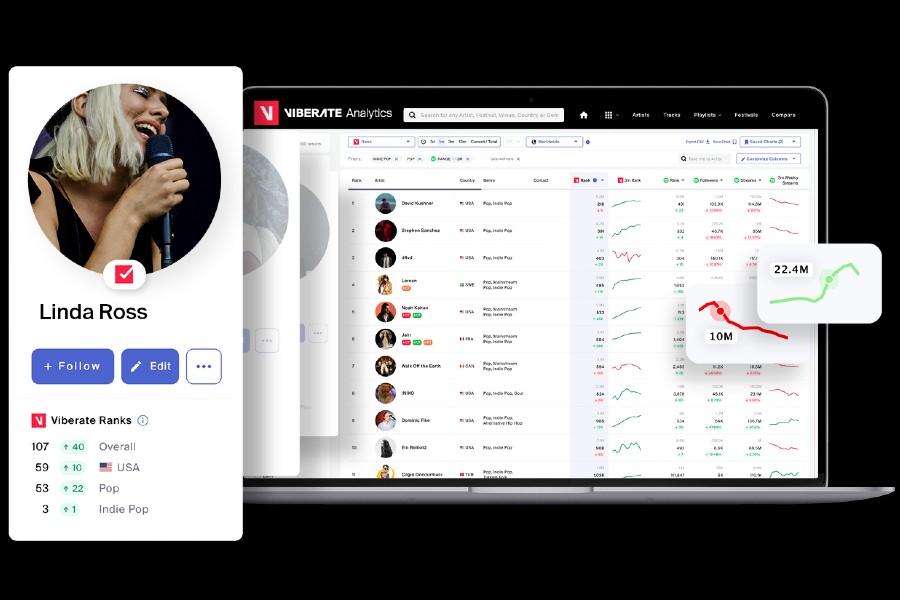 Crains New York reports that Guy Roberts has operated taxi fleets in the city for nearly four decades. And despite the cab industry’s recent troubles, he believes it’s on solid financial ground. He just paid $1.32 million for two taxi medallions and is planning to buy 11 more for $660,000 apiece to add to his 108-vehicle fleet.
Crains New York reports that Guy Roberts has operated taxi fleets in the city for nearly four decades. And despite the cab industry’s recent troubles, he believes it’s on solid financial ground. He just paid $1.32 million for two taxi medallions and is planning to buy 11 more for $660,000 apiece to add to his 108-vehicle fleet.
“I’m betting on the future,” said Roberts, whose East West Management is based in Harlem. “I believe the industry is in better health than people think.”
He is one of a very small group, the rest of whom are drivers, that is spending on medallions as trips by yellow cabs decline and more people get around the city using Lyft, Juno and Uber. Taxi-industry sources say close to half a dozen transactions could be announced in coming months. Prices range from $200,000 for a just-concluded all-cash deal to others in the low- to mid-six-figure range that are getting bank or credit union financing. Industry veterans see the ability to get financing as a promising sign for the asset class. At the peak in 2013, the price of a medallion topped $1 million.
At the same time, private-equity firms are kicking the tires on the taxi industry in hopes of picking up distressed assets for rock-bottom prices. Blackstone, Fortress and Monarch Alternative Capital are among the players that insiders say have been talking to fleet owners, consultants and other experts for advice on when to buy.
“We have been approached by at least six who want to work with us to buy medallions and medallion loans from banks,” said Andrew Murstein, president of Medallion Financial, a publicly traded lender whose share price has suffered in the age of Uber, falling from a peak of $17.74 in 2013 to $2.33 last week.
Murstein said that he and a fund recently approached a bank about buying a pool of loans but were unable to come to terms. He sees the companies’ interest as a vote of confidence in the industry.
“A lot of very smart people who run very successful funds feel the market may have bottomed out,” he said. “They feel there will always be a value for a medallion, which is the exclusive right to pick up street hails.”
Blackstone declined to comment. Fortress and Monarch did not respond to requests for comment. A person familiar with the thinking at Blackstone said the firm had decided not to get into the taxi industry.
Taxis may have an exclusive right to pick up street hails, but they remain under siege. In January, for the first time in New York, ride-hail services completed more trips than yellow cabs. And the monthly gulf has widened, from about half a million trips at the start of the year to 1.5 million in March, as app-based companies clocked 12.3 million rides to taxis’ 10.8 million, according to Taxi and Limousine Commission data.
Average daily fare totals for January through March were down 27%, to $4.5 million, compared to the same period in 2014.
“There is no sign of the bottom being reached,” said transportation consultant Bruce Schaller. He added that not a lot should be read into the May 3 purchase of two medallions in a public foreclosure sale for $660,000 apiece.
“We don’t know if this is the whole picture,” Schaller added. “There could be renegotiation of other loans or something like that. You only have a real market when there are a bunch of transactions at about the same price involving different buyers and sellers. We are not seeing that yet.”
East West’s Roberts said he bought the medallions because the economics worked for him: He said his business is up about 10% over the past six months, as drivers have returned after working for Uber and more of his cabs are out on the street, not in the garage.
He also isn’t troubled by the $241,000 medallion sale in March that set a record low for this century or the recently completed $200,000 deal. He sees them as outliers, in which owners did all-cash transactions with buyers who couldn’t get financing.
“You’re unlikely to get financing at those lower prices,” Roberts said. “[Medallion Financial] threw me a good deal on the financing, and I can manage the payments.” Murstein, whose firm sold and financed Roberts’ medallion purchases, declined to discuss the details of the deal.
Priced to move
Though taxis still throw off cash, it’s a lot less than it used to be. Nowadays a medallion owner who has turned the asset over to a lease manager collects about $1,500 a month, compared with more than double that a few years ago. Still, believers in medallions’ long-term value applaud the recent sales activity.
“You’re seeing drivers and entrepreneurs dipping their toes into the market,” said former TLC commissioner Matthew Daus, a partner at law firm Windels Marx, which represents taxi lenders. In his talks with private-equity players, he found them weighing the chances that Uber could implode and new regulations could aid yellow cabs.
But none yet have moved to buy medallions, a sign they are waiting for prices to fall further.
“The question right now is, can they buy low enough and generate enough cash flow from these medallions to justify the price?” said James Hickman, an analyst and investor best known in the industry for shorting Medallion Financial’s stock. “The answer could be yes, as of today. But your price has to account for the fact that the knife is still falling.”
Become a Harlem Insider!
By submitting this form, you are consenting to receive marketing emails from: Harlem World Magazine, 2521 1/2 west 42nd street, Los Angeles, CA, 90008, https://www.harlemworldmagazine.com. You can revoke your consent to receive emails at any time by using the SafeUnsubscribe® link, found at the bottom of every email. Emails are serviced by Constant Contact








